XFX Radeon R9 290 Double Dissipation Video Card Review
Battlefield 4
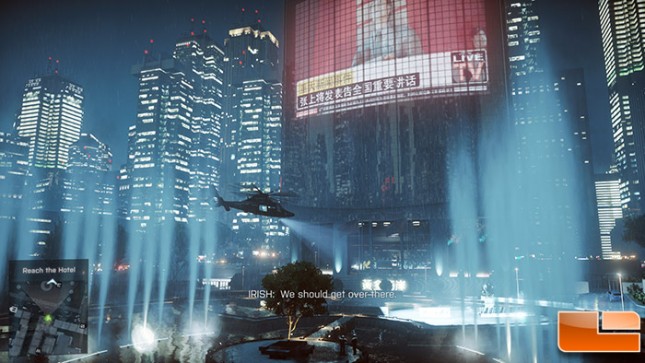
Battlefield 4 is a first-person shooter video game developed by EA Digital Illusions CE (DICE) and published by Electronic Arts. It is a sequel to 2011’s Battlefield 3 and was released on October 29, 2013 in North America. Battlefield 4’s single-player Campaign takes place in 2020, six years after the events of its predecessor. Tensions between Russia and the United States have beem running at a record high. On top of this, China is also on the brink of war, as Admiral Chang, the main antagonist, plans to overthrow China’s current government; and, if successful, the Russians will have full support from the Chinese, bringing China into a war with the United States.
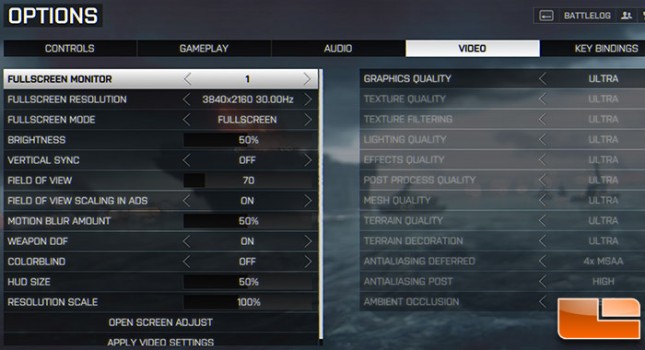
This game title uses the Frostbite 3 game engine and looks great. We tested Battlefield 4 with the Ultra graphics quality preset as most discrete desktop graphics cards can easily play with this IQ setting at 1080P and we still want to be able to push the higher-end cards down the road. We used FRAPS to benchmark each card with these settings on the Shanghai level.
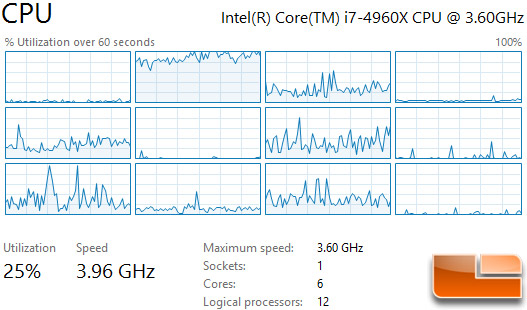
Battlefield 4 is more CPU intensive than any other game that we benchmark with as 25% of the CPU is used up during gameplay. You can see that six threads are being used and that the processor is running in Turbo mode at 3.96GHz more times than not.
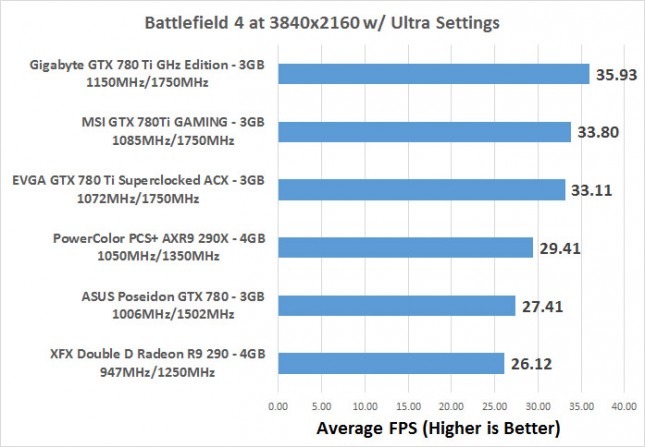
Benchmark Results: In Battlefield 4 with Ultra settings at 3840×2160 we were able to average 26.12 FPS on the XFX DD Radeon R9 290. This is roughly 1.5FPS behind the factory overclocked ASUS Poseidon GTX 780 graphics card.
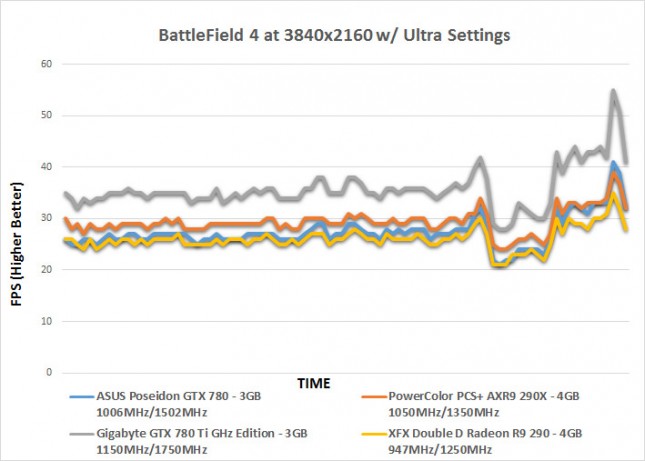
Benchmark Results: The XFX DD R9 290 ran BF4 pretty smoothly with these settings and if you reduce the image quality just slightly you’ll be able to get above 30 FPS most of the time at 3840×2160.
